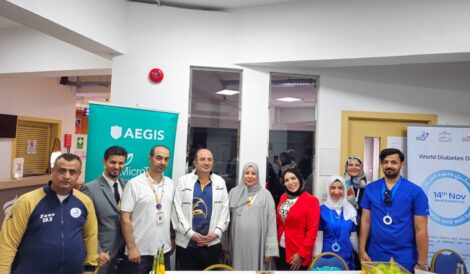Using ChatGPT is regarded as an unescapable phenomenon recently. For many purposes, people dive deeply into the realms of asking questions and within a very short time receive reasonable and to some extent detailed and accurate answers. In this respect, using ChatGPT at the university level has had a significant impact on academic skills among students where ChatGPT serves as a valuable tool for students to enhance their learning experience, improve their research skills, and expand their knowledge-based paths. By interacting with ChatGPT, students can access a wealth of information on various topics, receive instant feedback on their queries, and engage in meaningful conversations that stimulate critical thinking.
One of the key advantages of using ChatGPT for academic purposes is its ability to provide personalized learning experiences where students can ask ChatGPT specific questions related to their coursework or research projects and receive tailored responses that meet their individual needs. This adaptive learning approach helps students grasp complex concepts more effectively and reinforces their understanding of the subject matter.
Furthermore, ChatGPT offers students the opportunity to enhance their writing and communication skills. By engaging in conversations with ChatGPT, students can practice articulating their thoughts, formulating coherent arguments, and improving their writing style. This interactive platform serves as a virtual mentor, guiding students in developing their academic voice and honing their analytical abilities. In the same context, critical thinking skills such as problem-solving, analysis and interpretation are usually fulfilled.
However, the use of ChatGPT for academic purposes also raises ethical implications that warrant consideration. One of the major concerns is the potential for students to become overly reliant on ChatGPT as a substitute for genuine learning and critical thinking. While ChatGPT can provide valuable insights and assistance, it is essential for students to independently research, analyze and paraphrase information, and cultivate their own ideas.
Moreover, the ethical implications of ChatGPT extend to issues of plagiarism and academic dishonesty. Students must exercise caution when using information generated by ChatGPT to ensure that they appropriately cite sources and avoid presenting borrowed ideas as their own. Educators, in turn, must establish clear guidelines and boundaries regarding the use of ChatGPT to uphold academic integrity and safeguard the credibility of educational programs.
Ultimately, the impact of ChatGPT on academic skills at the university level is multifaceted, offering both benefits and challenges. By leveraging the capabilities of ChatGPT responsibly and ethically, students can harness its potential to enhance their learning journey, foster intellectual growth, and cultivate critical thinking skills that are essential for success in academia and beyond.






